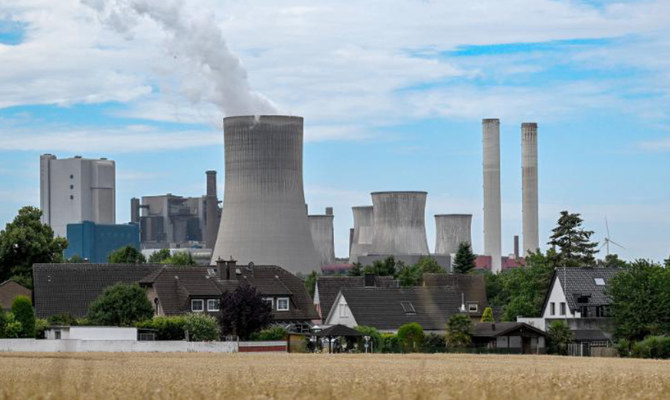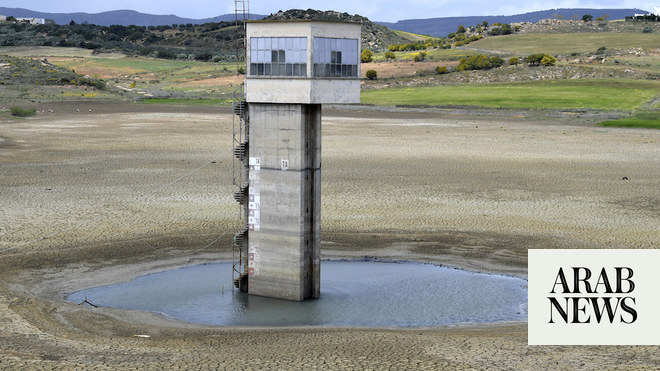
British Prime Minister Rishi Sunak last week visited Scotland to announce the opening of exploration in the Rosebank oil and gas field, which is said to hold the UK’s largest untapped oil reserves in the North Sea, amounting to more than 500 million barrels.
Sunak said that he would be granting more than 100 licenses to commence exploration in order to meet the UK’s energy security requirements. He insisted that the new exploration would be entirely in line with the net-zero emissions target that the UK has set for itself, under which the country is committed to achieve net zero by 2050.
Nonetheless, Sunak’s announcement riled the entire ecological community in the country, which immediately trashed his claims that the new exploration would not derail the UK’s efforts to meet its net-zero targets. Sunak defended his claims, saying that importing fossil fuel energy was at least three to four times more carbon-intensive than producing it domestically.
Environmentalists immediately questioned this, saying that most of Britain’s oil and gas imports come via pipeline and hence their carbon intensity is definitely not more than what would be achieved by local production. But even more seriously, British North Sea oil production is ranked among the dirtiest in the world in terms of carbon intensity.
According to a study by financial rating agency Standard & Poor’s, as North Sea oil fields are among the oldest active fields in the world, their carbon intensity in production is about 12 kg of carbon dioxide per barrel of oil. And the UK’s carbon intensity in these fields is three times higher than Norway’s, largely due to the age of the British fields and the large quantity of gas that is flared. In another study, Britain ranked in the bottom half of oil and gas producers in terms of the carbon intensity of their production.
The critics also rightly questioned the opening of a new oil field for development at a time when the immense damage climate change can cause is already being witnessed all over the world. Even the UK is witnessing its share of severe weather events, including droughts and prolonged heat waves. In such a scenario, this decision reeks of the typical double-tongued speeches that leaders around the world have been making for decades, and especially since the Paris climate agreement was signed at the end of COP21 meeting in 2015.
Since then, all nations have failed to deliver on their commitments to cut carbon emissions, which were already extremely feeble and far below the actual cuts needed to keep the global mean temperature rise to within 1.5 degrees Celsius since the era of industrialization began. The commitments made in Paris will not even curb the rate of growth in atmospheric carbon levels, let alone actually bring down the levels of this family of noxious gases that humankind has released into the atmosphere.
The UK is far from tapping all of the wind power it can generate, let alone looking at other renewable energy sources.
Ranvir S. Nayar
After it was pulled up by the country’s High Court in July 2022 because its policies failed to detail how the country would actually achieve its goal of net zero by 2050, the UK government released a detailed action plan, outlining where the cuts in carbon emissions would come from. One of the biggest commitments made in this plan was the transition of all of the UK’s electricity to renewables by 2035. This is perhaps the most significant commitment, as the government has also decided to increase its electrification of the transport network, which could lead to a growth of up to 60 percent in the country’s demand for electricity.
In the 31 years since 1990, the UK has reduced its carbon emissions from power generation by a significant 73.4 percent, which has come on the back of an aggressive phase-down of coal-powered plants and a rapid increase in renewable energy sources, notably wind farms, where the UK is one of Europe’s leaders. Today, renewables account for about 40 percent of total power generated in the country.
Thus, it is highly surprising that Sunak has opted to enhance North Sea oil drilling, since the UK is far from tapping all of the wind power it can generate, let alone looking at other renewable energy sources like solar or tidal power.
With the declining cost of renewable energy, there is no valid argument that Sunak can put forward for choosing to expand the production of fossil fuels instead of boosting clean, green energy sources. His critics cite the pattern of the prime minister tending to side with big business, whatever the cost, and his latest announcement only gives them another stick to beat him with.
Moreover, not only has the UK failed to meet its commitment to cut emissions, but it has, jointly with every other developed economy, failed to deliver on the oft-repeated commitment of paying $100 billion every year to finance the transition of developing economies toward green energy. More than a decade of broken promises means that the amount required now exceeds $3 trillion and is rising as each year passes by.
Coming as it does less than four months before the next climate change summit, COP28, gets underway in Dubai, this announcement means Sunak is hardly likely to have won any fans among the green warriors or developing country leaders that he and his team will certainly run into in the UAE.
Instead of taking the lead in helping to create an atmosphere conducive to clear negotiations and firm outcomes in Dubai, Sunak has muddied the waters and damaged the atmosphere, both literally and figuratively, with his latest announcement.
• Ranvir S. Nayar is managing editor of Media India Group.
Disclaimer: Views expressed by writers in this section are their own and do not necessarily reflect Arab News" point of view












